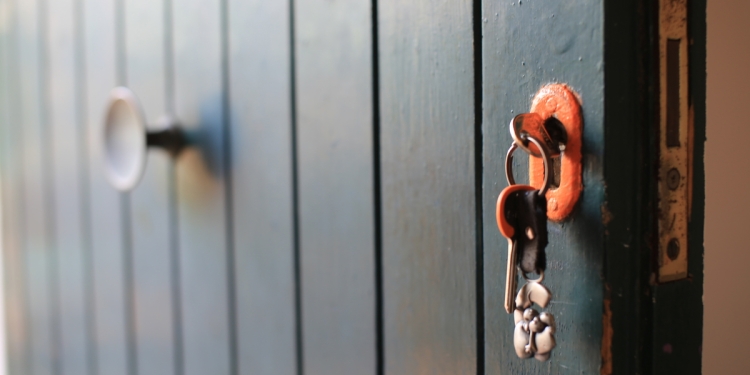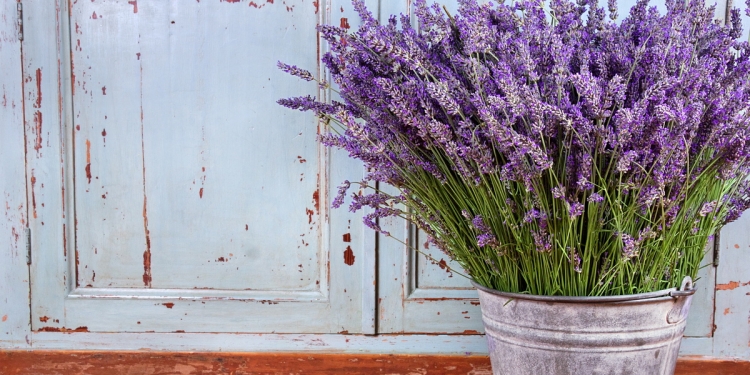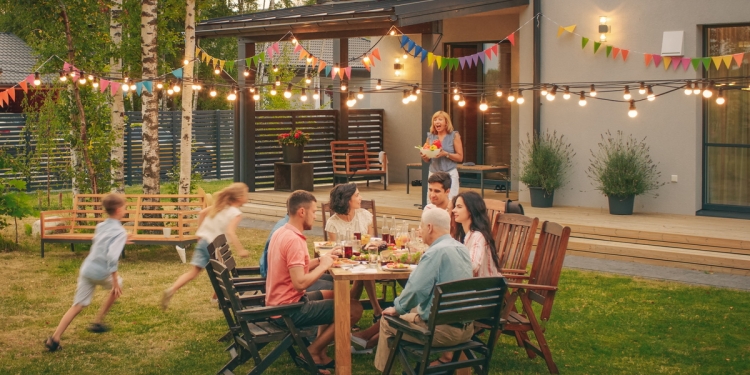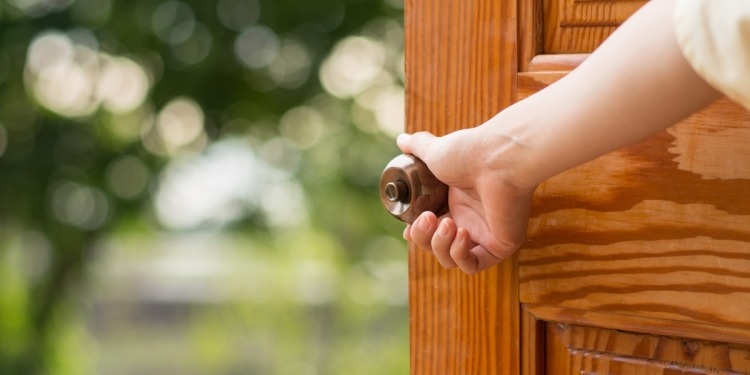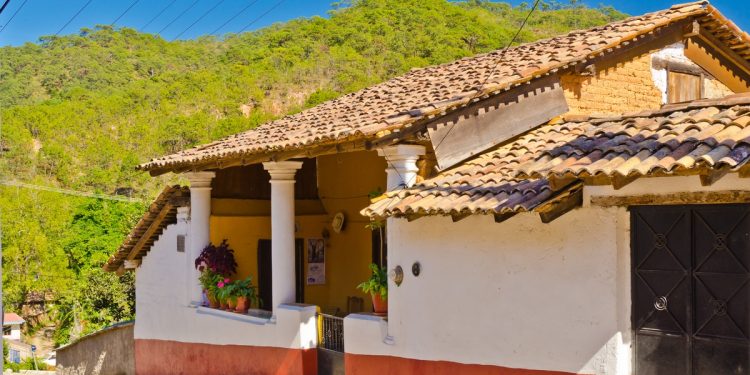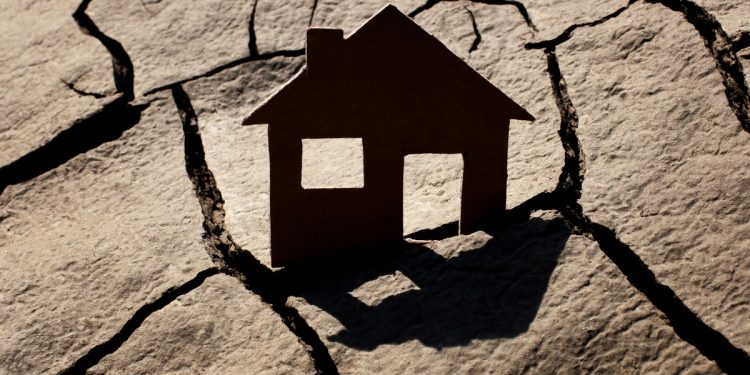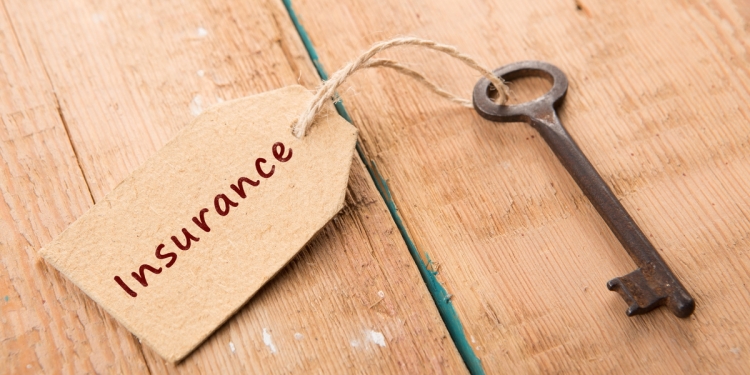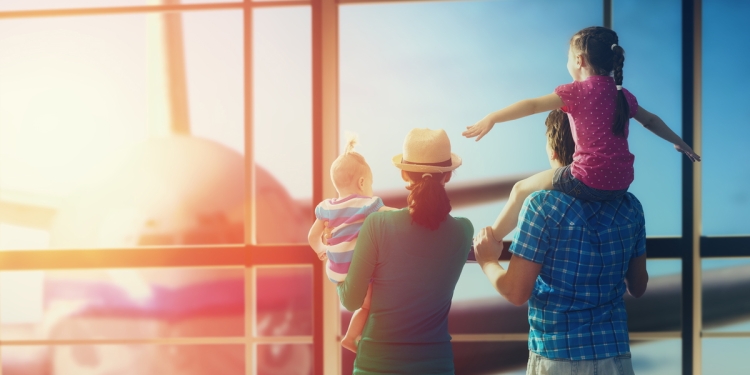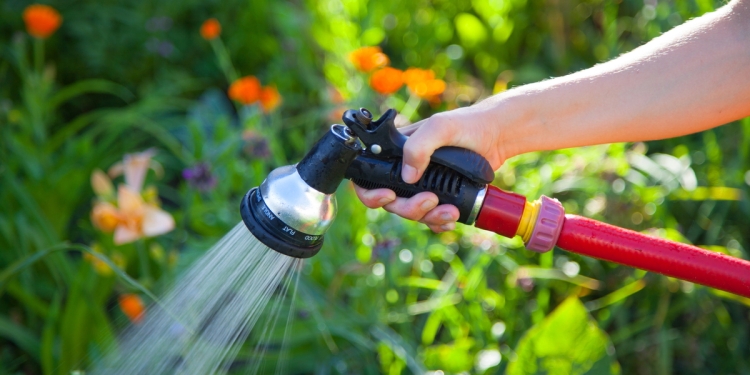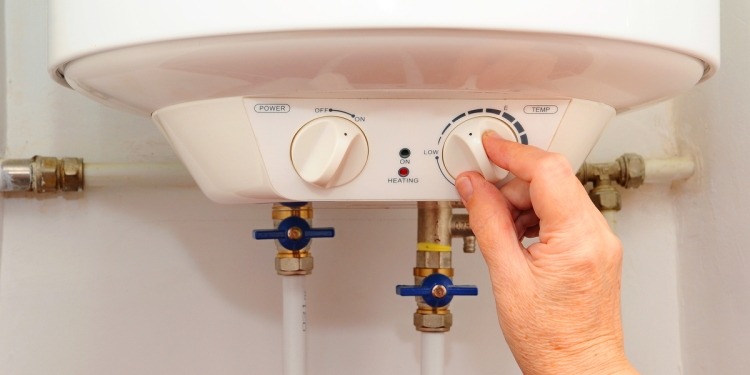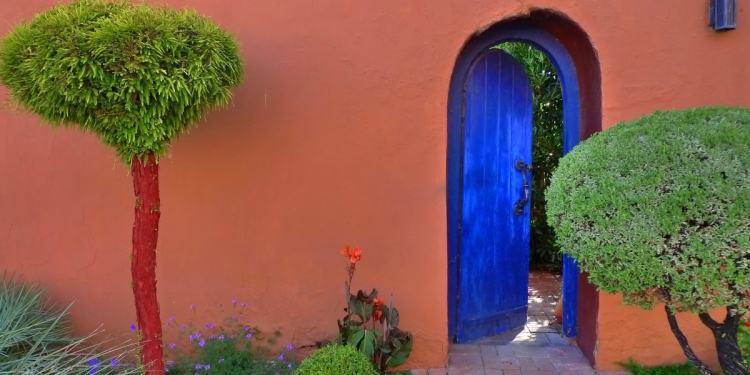Whether you rent or own a home in Mexico, matters related to securing your home spaces, and protecting your personal property that’s stored inside will be part of your ongoing homestead management.
By combining a number of common sense precautions with some security features, and considering an adequate home insurance policy, you can mitigate the risks and reduce the financial burden of any unforeseen events involving your property.
Knowing (and getting known in) your local neighborhood
Part of planning your move to Mexico is about deciding where you want to live and choosing suitable accommodations for your individual situation and lifestyle.
One of the most effective ways to support your everyday security is to be an active part of a strong local community. This creates an effective security deterrent in any neighborhood and includes:
- becoming involved locally;
- cultivating good cooperative relationships with your neighbors;
- making practical contributions to the security of your residential street, gated community, or apartment/condo development.
Choosing your location
Virtually every town and city world-wide has neighborhoods where crime is higher than in others, and Mexico is no different. Therefore it makes sense to research the location you’re moving to, and specifically, which are of that location you’re moving to.
If you’re completely unfamiliar with the town or area, the services of a good local realty agent can help. The agent will be able to brief you about the area and ensure that your search includes neighborhoods that match your everyday needs, and which avoids any unsuitable ones.
Once you have identified a suitable neighborhood, or shortlisted a list of potential ones to live in, do some additional research and be sure to spend some time there locally: go to the local cafés and restaurants, try and get connected to some existing local foreign residents already living there, search online groups for news and information.
If you’re already familiar with a location you want to live in, but are unsure about the neighborhoods locally, do your homework. Even if you are familiar, check to ensure that the area(s) you are considering locally are suitable for your situation and lifestyle needs.
Cultivate your local interests
When you have chosen your neighborhood and found suitable accommodations there, whether you are renting a property or have purchased a house there, take time to get acquainted with it and the other people who live nearby.
This work is an integral part of settling-in to your life in Mexico and cultivating local networks and community—that in turn, supports the security of your home and dwelling spaces.
Tips for integrating into your local community include:
Get invited to the local social media group
Some streets, many local villages, and most gated communities, apartment buildings and condo developments operate a social media group, usually via WhastApp or Telegram.
If you move into a gated community, apartment or condo, you might be invited by one of your neighbors to join soon after they see you move in.
If you live on an open residential street, or in a small village-type community area, you might have to cultivate some relationships locally to get invited, or you could ask a neighbor if a social media groups exists that you could join so as to become an active part of the local community and its messaging system.
The neighborhood groups on social media are helpful as they serve as a type of “neighborhood watch” system as well as a virtual notice board. Residents or local community members can use the group to message others and ask questions, report any suspicious activity they might see in the vicinity, call for help or assistance, and also to coordinate a response to an incident.
For example, if someone calls the local police, or the electric company to report a power cut in the area, they can announce this on the group so that others are aware. The groups can also be used to organize physical gatherings for residents to meet discuss local matters and issues in person.
If the locality or apartment/condo building you move into doesn’t have a social media group already, you might take the initiative and offer to start one, and serve as its coordinator.
The importance of learning or improving your Spanish
Most community social media groups are run in Spanish, so you’ll need at least a basic understanding of Spanish to interact with them. Being able to speak Spanish, to at least at a basic conversational level, will materially improve your experience of living in Mexico and is a key part of integrating into your community.
See also: Why learn Spanish? | Spanish Courses | PinPoint Spanish
Shop regularly in your locality
Shopping at the local stores and getting to know the local shopkeepers and other traders in the vicinity.
Make use of local services
Local shopkeepers remember their regular customers. Make regular use of using local service providers that may include local coffee shops, local food stalls, and local fondas, as this will help to get you known locally.
Make an effort to meet and know your neighbors
This might be easier to accomplish if you live in a gated community or condo development, but it’s also possible, with some effort and kind neighborliness, to achieve along residential streets.
If you have young children and they play with other children locally, use that opportunity to meet with other parents and build a rapport with them. Children’s birthday parties are an ideal opportunity to get people together and commune locally.
Find and attend local community hubs
The local corner shops, local fondas, and local coffee shops often serve as small community hubs in local Mexican neighborhoods and small towns. Go there often enough and you’ll have an opportunity to meet other local regulars who frequent those places as well.
Some of the more popular places foreign residents choose to live in Mexico have long-established community hubs; for example in Chapala/Ajijic, the Lake Chapala Society is an important hub that is integral to that area.
People you see regularly see you
On a daily and weekly basis, get used to the people you see coming and going regularly and let them get used to seeing you come and go each day. This helps to spots unusual patterns which you and your neighbors can use to report anything suspicious using the local social media groups.
Get an online quote and arrange your home coverage
Obtain a online quote and organize coverage for your home in Mexico (whether you own or rent) in minutes with our home insurance associate, MexPro.
Quote and coverage: Get a quote and arrange instant coverage online
Common home security features
Cultivating good relationships with your neighbors is an excellent foundation for your local security, and physical security features on your property serve as a deterrent to opportunists, and make it difficult for the more determined criminals to become intruders in your home.
Make opportunistic burglary difficult
Most would-be burglars are seeking properties that offer them a low-risk opportunity, so reviewing the physical security of your home mitigates the risks of your home being broken into.
Here is a list of key things to consider and review.
Locks and bolts
A good lock and key system on doors and windows is the first essential line of defense against potential intruders. Most burglars are looking for ‘easy’ (fast) access break-ins, so making it difficult (i.e., time consuming) for a person to get into your home is a helpful deterrent in its own right.
If you have just moved into a new house you bought from previous occupants, you ought to consider changing the locks: you only have to change the barrels, not the entire locking mechanism. Ask a local locksmith (cerrajero) to visit your home and give you a quote for changing all the locks.
Security lighting
Your property ought be properly lit at night and, ideally, have one or two outdoor sensors which switch on lights in strategic places when they detect movement after dark.
Lights outside the front of the house and in the garden, terrace, and patio areas if you have them provide a pleasant ambience at night and they signal to others that the property is not vacant or abandoned.
Carefully placed lighting is an inexpensive deterrent to would-be intruders. If you are frequently away, or plan to be coming and going from the property often, consider setting lights outside and inside your home to come on for a few hours each evening using timed switches.
Radio or music player
Another deterrent some people use to secure their home is to have a radio or music player switched on automatically for a number of hours in the day when they are out or away from the house for a period. Burglars prefer empty houses, and the presence of light and sound are the two common deterrents that will add to a good lock and bolt system.
Surveillance systems
Closed Circuit Television (CCTV) systems are becoming commonplace now, especially those linked wirelessly over the internet. The images may be recorded for future reference, and might help identify intruders if your home is broken into.
Self-installation kits are available online and from homeware and electrical stores. Cameras are either wired or (more commonly) work wirelessly using your home’s WiFi system.
If you require more sophistication, for example, wired cameras with a power backup in the event of an electric power cut, consult a professional security firm for assistance.
Audible alarm systems
The screech of alarm is mostly ignored in Mexico just as it is in most places around the world, not least because it may get set-off by any number of benign occurrences: the wind, birds, a cat, a large vehicle going past the house, etc.
If you live in a gated community or condo complex, the Home Owner’s Association might have rules about these and, where they are allowed, procedures may be in place in the event that one of the alarms is triggered.
Some alarm systems are connected to a local private security firm who get alerted when an alarm is triggered and send a patrol car and security guard to check on the property. Some of these alarms might be silent, although most people prefer the alarm to give out an audible sound to scare off the intruder.
Regardless of whether it’s linked to a security firm or not, be sure that audible alarms cut out after just a few minutes; this is especially important if you’re away from the property as you don’t want to irritate your neighbors.
Iron bars on windows
You might notice that some home windows in Mexico, especially those facing the street, feature heavy iron window bars surrounding them. On some properties, they make up part of the design of the house, and artistically formed can look striking especially on older style colonial style homes.
In some older properties, window panes may be cut and placed inside part of an elaborate mosaic iron frame that can look artistically pleasing and can also prevent or hinder intrusion. (They are more difficult to keep clean, though.)
Keep in mind that window bars and mosaic iron window frames lock you and your family in as well keeping intruders out.
If your home has iron bars or mosaic frames across the windows, have an exit plan in place and know how you’ll get out in the event of an emergency, for example;
- Ensure that any door keys required for exit are constantly at hand, very near the doors.
- If the property has limited exits, install fire extinguishers or fire blankets to aid passage out of the building in case of a fire.
- Read our article about reviewing your home in preparation for earthquakes and consider how exits through doorways will be kept clear.
Consider removing the iron bars from your home’s windows
If it’s your own property and you have the budget, you might want to consider removing the iron bars and installing the latest reinforced glass windows with strong integrated window locks and bolts instead.
If your reinforced windows are part of an emergency exit route, ensure they are large enough (some older properties have very small windows), that they open outward, and that the glass windows have easy-to-open security handles from the inside as you won’t be able to easily break the reinforced glass.
Pet dogs
One of the best deterrents against intruders in Mexico is to keep a pet dog—preferably a medium or larger dog. It does not have to be a ‘natural’ guard dog (e.g., Doberman Pincher or Alsatian).
Many people in Mexico carry a fear of dogs and, besides the noise it would make barking if an intruder were to enter the home, the ‘prospect’ of being bitten or worse also acts as a deterrent. Walking your dog is also an ideal way to meet your neighbors.
Fire prevention and fire drills
It’s prudent to review your home for fire precautions and practice a fire drill, especially if you have a young family.
- Small fire extinguisher(s) and/or a fire blankets can prevent a small fire incident getting out of control and/or help you exit the house in an emergency situation caused by fire. These may be especially important if your windows are covered by iron bars.
- If your home has windows that open upstairs, you may want to consider installing rope ladders in the upstairs rooms or on upstairs terraces as part a planned emergency exit route.
- Smoke alarms are not commonly installed in Mexican homes, so if you are renting you may want to purchase battery-operated units that you can take with you when you leave. If you are buying a house, even a new house, chances are that smoke alarms will not be installed there, either.
- Most homes in Mexico use LP gas for heating water and cooking. Aside from the fire risk, gas appliances can leak odorless carbon monoxide, so you might consider installing a CO detector near your gas boiler and in the kitchen.
Insurance coverage for your Mexican home
Home insurance is a sensible coverage to include in your annual budget when you’re living in Mexico. Premiums will depend on where you live and the value of the material possessions you want to insure—you’ll need to name items of high value such as fine watches, precious stones, and jewelry, and probably pay a premium to cover these.
Adequate insurance home policies will provide coverages for:
The physical estate
Property insurance covers the cost of repair or replacement of physical buildings after break-ins, floods, or other natural disasters, e.g., earthquakes, hurricanes. Some policies also cover the cost of repair due to acts of vandalism related to any break-in or burglary.
Better policies will also pay the costs of temporary accommodations for you and your family if you’re unable to live on the property while it’s being repaired or rebuilt.
House contents
Contents insurance covers the repair or replacement of material goods you own inside the property, should they become damaged or stolen. This element of the policy usually carries a co-pay (so only higher value items are worth claiming for) and the policies also tend to include clauses that limit the total amount of coverage, unless named items (like expensive jewels) are specifically named and covered by the policy.
Third party liability
The better policies include coverage for third party liability damages. These include events like a tree falling from your garden onto your neighbor’s home, and also includes coverages for any injuries sustained by people visiting or working on the property (e.g., guests, maids, gardeners).
Get an online quote and arrange your home coverage
Obtain a online quote and organize coverage for your home in Mexico (whether you own or rent) in minutes with our home insurance associate, MexPro.
Quote and coverage: Get a quote and arrange instant coverage online
Security risks of unattended properties in Mexico
One of the most common causes for house burglary in Mexico is due to a property being empty and unattended for a period of time. Would-be local burglars sometimes “scope” a neighborhood, and spot patterns of movement of local residents, and that includes absences.
While you’re away on vacation
One of the best deterrents against burglary is attendance. Burglars are looking for low-risk situations, and the presence of others on a property creates complications and significantly increases the burglar’s risk.
Therefore, avoid leaving your property unattended in Mexico for too long without someone looking after it for you, especially if the property is situated in a rural or remote area.
Vacancies and home insurance policies
Insurers know that vacant properties are at higher risk of burglary.
If you have a home insurance policy, it will almost certainly stipulate that you cannot leave the house unattended for a more than certain number of consecutive days—usually 30 days, but it might be shorter, so check the policy.
Even home insurance time limits of one month of vacancy is a long time to leave your property unattended in Mexico.
If you are going away on vacation —even if only for a long holiday weekend— ask a friend or a neighbor to check-in on the house for you.
For longer vacations (a week or more) consider asking someone to house-sit for you, especially if your house is situated in a remote or quiet rural area and is not part of a gated community or condo/apartment building.
If you will be away for only a short while, use automatic timed light switches that come on for a few hours each evening, and get a music player or radio (or the TV) switch on as well. See common home security features earlier in this article for details.
Part-time residency and other extended absences
If you only live in your Mexican home part-time, then you ought to consider paying someone locally to manage the property for you while you are away, or have someone move in to the house and live there in your absence.
Hiring a home manager
Some local realty agents offer house management services, or the agency might be able to connect you with someone who offers home management locally.
Professional home managers usually offer some or all of the following services:
- Call in once or twice a week to clear any post and check on any issues that may have arisen, e.g., leaky pipes, as well as to water pot plants you may have inside the house.
- Visit the property on an ad-hoc basis after any major storms or heavy rainfalls to check that everything is in good order.
- The better home managers will email or text you with a regular brief, and all managers ought to telephone you in the event of any unforeseen significant incidents involving the property.
- They’ll liaise with local workers who might need to undertake repairs or remedial work to the property, as well with the Home Owners Association (HOA) if relevant.
- Some managers will pay disbursements like local bills (including HOA fees, telephone, electricity, etc.) and pay any local helpers you might have hired; for example, some absentee owners pay for a cleaner to call in once a month, or if they have a gardener tending to the property on a (semi)regular basis.
- They might also stock your fridge and pantry with fresh basic food items and perhaps some beverages that you like before you are due to arrive back.
If your home is situated in a gated community, apartment block or condo developments, it will be easier to manage part-time residency issues and your property will be generally safer.
If your home is situated in the countryside or in a rural enclave, then you should seriously consider getting a house sitter, a live-in property manager, or renting the house out during your absence. A good realty agent or house manager will be able to advise you about options, and costs.
Taking care of your home in Mexico
Mexperience publishes guides and articles to help you maintain and secure your house, home, and dwelling spaces in Mexico.
- Latest insights about taking care of your home in Mexico
- Insurance for your home in Mexico
- Water supply for your Mexican home
- Electricity supply for your home
- Gas supply for your home
- Hiring local helpers and domestic staff
Mexico in your inbox
Our free newsletter about Mexico brings you a monthly round-up of recently published stories and opportunities, as well as gems from our archives.

